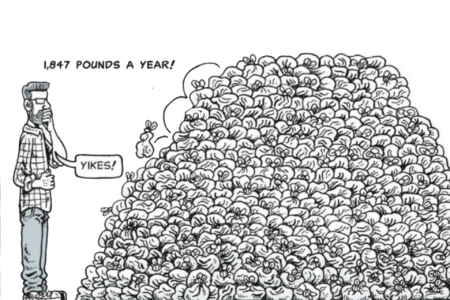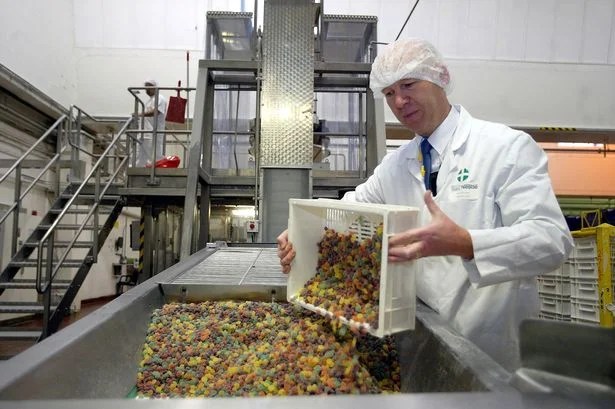
Introduction
The food and beverage industry plays a significant role in our daily lives, providing sustenance and enjoyment. However, it also generates a substantial amount of waste that can have detrimental effects on the environment. This article explores the importance and relevance of recycling in the food and beverage industry, highlighting the benefits it brings and the initiatives that companies are taking to minimize their environmental impact.
Historical Background
Over the years, the food and beverage industry has witnessed a remarkable evolution in recycling practices. Early on, recycling efforts were primarily focused on reducing costs and optimizing resources. However, key milestones and events have shaped recycling into a more holistic approach that considers the environmental and social aspects of waste management.
Key Concepts and Definitions
To understand the significance of recycling in the food and beverage industry, it is essential to define key terms and concepts. Recycling, within this context, refers to the process of converting waste materials into new products or materials. It encompasses waste management strategies, composting, and the broader concept of a circular economy.
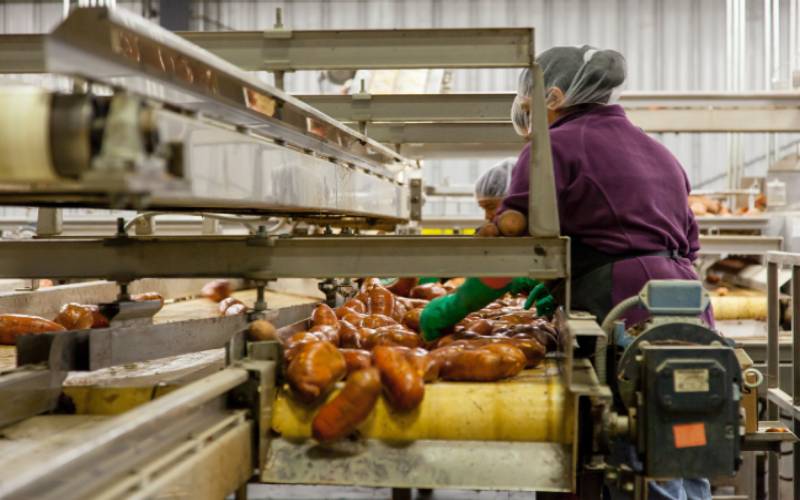
Main Discussion Points
Benefits of recycling in the food and beverage industry
Recycling in the food and beverage industry offers various benefits. Firstly, it reduces the environmental impact by diverting waste from landfills and incineration, reducing greenhouse gas emissions, and conserving natural resources. Secondly, it contributes to resource conservation and energy savings by reusing materials and reducing the need for extracting raw materials. Lastly, recycling demonstrates corporate social responsibility, showcasing a company’s commitment to sustainable practices and enhancing its reputation.
Recycling initiatives in the food and beverage industry
Packaging materials and waste management
Food and beverage companies are increasingly focusing on sustainable packaging materials and waste management. They are adopting recyclable, biodegradable, and compostable packaging options to minimize the ecological footprint of their products. Additionally, companies are implementing efficient waste management systems, such as sorting and recycling programs, to effectively manage packaging waste.
Food waste reduction and composting programs
To combat the issue of food waste, companies are implementing initiatives to reduce waste generation and divert it from landfills. This includes implementing composting programs where food waste is converted into nutrient-rich compost, which can be used in agriculture and landscaping.
Sustainable sourcing and production practices
The food and beverage industry is also embracing sustainable sourcing and production practices to support recycling efforts. This involves procuring ingredients from sustainable sources, implementing energy-efficient manufacturing processes, and optimizing water usage. These practices not only reduce waste generation but also contribute to the overall sustainability of the industry.
Collaboration and partnerships for effective recycling
Effective recycling in the food and beverage industry relies on collaboration and partnerships between various stakeholders. Government regulations and policies play a crucial role in incentivizing and enforcing recycling practices. Industry-wide initiatives and associations bring together companies, experts, and policymakers to share best practices and drive collective action. Moreover, consumer education and engagement are essential in creating awareness and encouraging sustainable behavior.
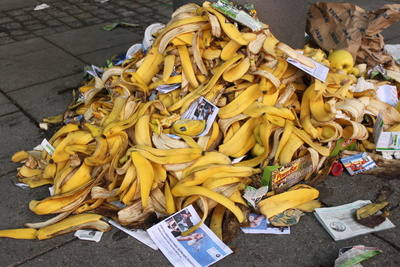
Case Studies or Examples
Numerous food and beverage companies have successfully implemented recycling programs. For instance, a leading beverage company has invested in lightweight packaging designs, reducing the amount of material used while maintaining product quality. They have also partnered with recycling facilities to efficiently recover and recycle their packaging waste. These initiatives have led to a significant reduction in their environmental impact.
Current Trends or Developments
Advancements in recycling technologies and processes are continually shaping the food and beverage industry. For example, innovative recycling technologies can now effectively recycle complex packaging materials, such as multi-layered plastics. Additionally, consumer demand for sustainable packaging and products has increased, prompting companies to explore eco-friendly alternatives.
Challenges or Controversies
Despite the progress made, recycling certain packaging materials remains a challenge. Some materials, such as laminated plastics, are difficult to recycle due to their composition. Additionally, the lack of proper infrastructure and collection systems in certain regions hinders the effective recycling of food and beverage packaging waste. Furthermore, controversies surrounding the recyclability of plastic packaging have sparked debates within the industry.
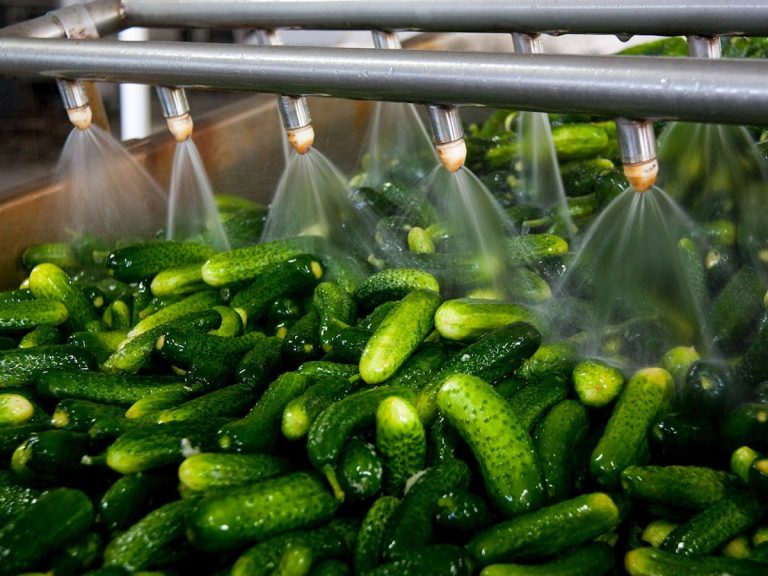
Future Outlook
The future of recycling in the food and beverage industry holds promise. Advancements in recycling technology will enable the effective recycling of a broader range of packaging materials. Sustainability goals will continue to drive industry practices, with companies increasingly adopting circular economy models and closed-loop systems. Continued research and development in recycling practices will be crucial in achieving a more sustainable future.
Conclusion
Recycling plays a vital role in the food and beverage industry, offering numerous benefits and opportunities for improvement. By implementing recycling initiatives, companies can reduce their environmental impact, conserve resources, and demonstrate corporate social responsibility. Collaboration and partnerships among stakeholders are key to achieving effective recycling practices. Ultimately, the continued commitment to recycling is essential for the long-term sustainability of the industry.



